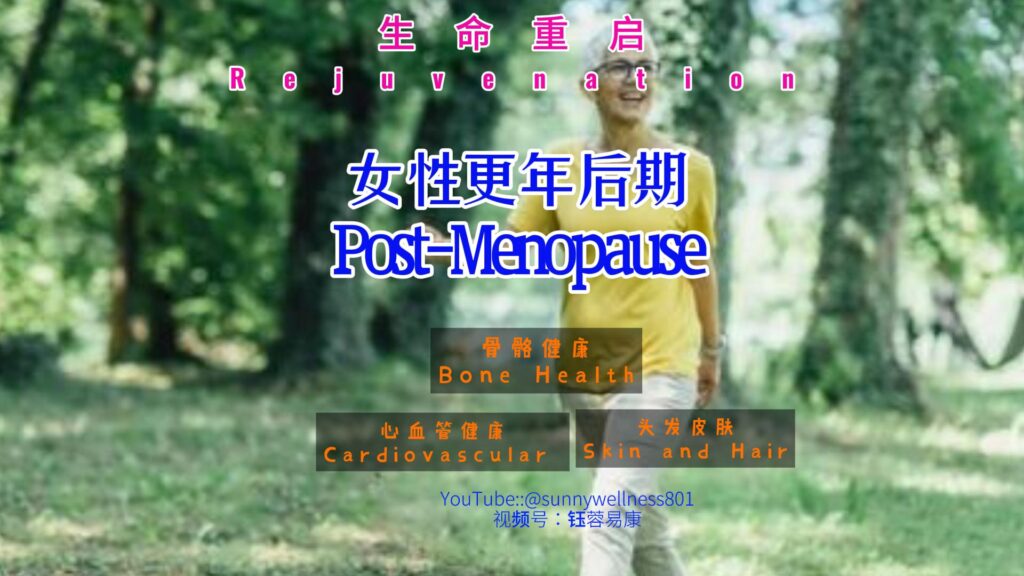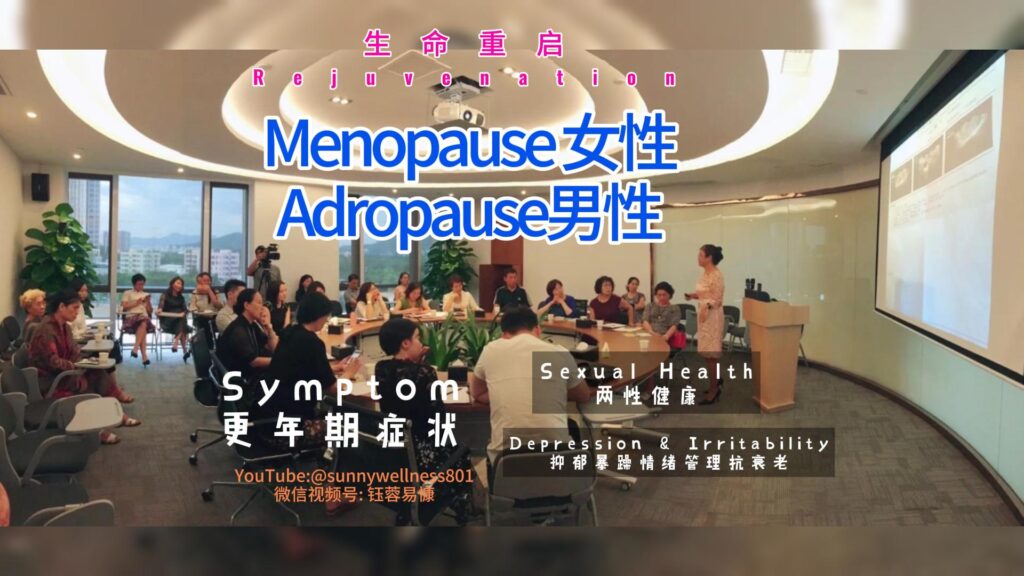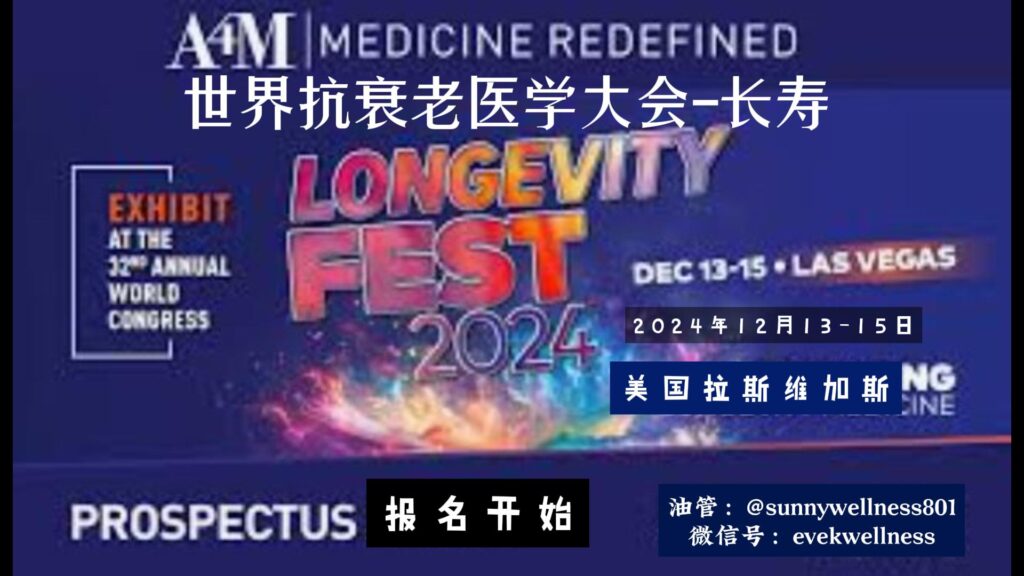Post-Andropause
Post-Andropause: What to Expect and How to Thrive
Hello everyone, and welcome back to our channel! Today, we’re going to talk about what happens to your body and health after andropause. This is a phase of life that brings many changes, and understanding them can help you live your best life. Let’s dive in!
Understanding Andropause
While menopause is a well-known phenomenon, men also undergo hormonal changes as they age. Andropause, sometimes called “male menopause,” is characterized by a gradual decline in testosterone levels, typically beginning around the age of 40 to 50.
Post-andropause, commonly referred to as late-onset hypogonadism, is a phase men may experience after the age of 60 or 65, marked by a significant decline in testosterone levels. Unlike menopause in women, andropause (often called “male menopause”) is more gradual and doesn’t occur as a universal phase for all men. By the time men reach their mid-60s or beyond, many have already experienced years of slowly declining testosterone levels, but some men experience more profound symptoms during this post-andropause phase.
Key Changes in Post-Andropause:
- Testosterone Decline: After the age of 60, testosterone levels typically decrease by about 1% per year. Post-andropause symptoms are linked to low testosterone, although the exact level at which symptoms become problematic varies among men.
- Physical Changes:
- Muscle Mass Loss: Lower testosterone levels can lead to decreased muscle mass and strength. This is accompanied by increased body fat, particularly around the abdomen.
- Bone Density Reduction: Men in post-andropause are at a higher risk for osteoporosis, as testosterone plays a critical role in maintaining bone density.
- Fatigue and Energy Levels: Many men experience chronic fatigue or reduced energy levels.
- Sexual Health:
- Reduced Libido: One of the hallmark signs of andropause is a decreased interest in sexual activity, and this often continues or worsens in post-andropause.
- Erectile Dysfunction: Many men may experience more frequent or severe erectile difficulties, which can be linked to both declining testosterone and age-related vascular changes.
- Cognitive and Emotional Changes:
- Mood Fluctuations: Low testosterone can contribute to depression, irritability, and increased anxiety. Emotional well-being may be more easily affected by stress during this time.
- Cognitive Function: Some men report issues with concentration and memory. While this isn’t solely related to testosterone, hormonal shifts can influence brain function.
- Metabolic Changes:
- Weight Gain: Men post-65 may notice increased difficulty in maintaining a healthy weight, especially with lower testosterone levels affecting metabolism.
- Increased Risk of Chronic Illness: There is an association between lower testosterone and conditions like diabetes, cardiovascular disease, and metabolic syndrome.
Management and Treatment Options:
- Healthy Lifestyle: Focus on a Nutrient-Rich Diet.
- For Bone Health: Include foods rich in calcium and vitamin D to maintain strong bones. Dairy, leafy greens, and fortified foods are excellent options.
- For Heart Health: Incorporate heart-healthy foods like fatty fish, nuts, seeds, and whole grains to support cardiovascular function.
- For Overall Well-Being: Antioxidant-rich foods, such as berries, green tea, and vegetables, can help combat oxidative stress and support aging gracefully.
2. Stay Active
Regular physical activity is essential for both men and women post-menopause and andropause.
- Resistance Training: Helps maintain muscle mass and bone density. Focus on strength training can help mitigate many of the physical declines associated with low testosterone.
- Cardio Exercise: Supports heart health and boosts energy levels.
- Flexibility and Balance Workouts: Yoga and Pilates can enhance flexibility and reduce the risk of falls.
3. Consider Hormone Replacement Therapy (HRT)
HRT can be an option for both men and women to manage symptoms associated with hormone decline. Women can opt for estrogen or combined hormone therapy, while men may consider testosterone replacement therapy. However, it’s crucial to consult with a healthcare provider to discuss the benefits and risks of these treatments.
4. Mental Health and Emotional Well-Being
- Mindfulness and Meditation: Practices like meditation, mindfulness, and deep breathing exercises can help reduce stress and enhance emotional well-being.
- Social Connections: Staying socially active with friends and loved ones can boost mood and provide emotional support.
- Mental Health Support: Addressing emotional changes through therapy, support groups, or even medications for depression and anxiety can improve quality of life in post-andropause men.
5. Sexual Health and Intimacy
- Open Communication: Talk with your partner about changes in libido or sexual health. Open dialogue can strengthen emotional and physical intimacy.
- Medical Treatments: Various treatments, from bioidentical hormone therapy to lifestyle changes, can help both men and women maintain a healthy sexual life.
- Testosterone Replacement Therapy (TRT): Some men with significantly low testosterone levels and noticeable symptoms may benefit from TRT. However, TRT is not without risks, especially in older men, as it can increase the risk of prostate issues and cardiovascular events.
Staying Healthy After Menopause and Andropause
While post-andropause presents many challenges, it does not signify inevitable decline. Although hormonal changes are a natural process, they do not necessarily lead to a decrease in vitality, health, or well-being. Through proper hormone management, physical care, and emotional adjustment, men can continue to maintain a high quality of life even after the age of 60 or 65. Regular medical check-ups, lifestyle adjustments, and appropriate treatments play a crucial role in successfully navigating this stage of life.
Remember, aging is natural and can be managed—but how you age is up to you!





